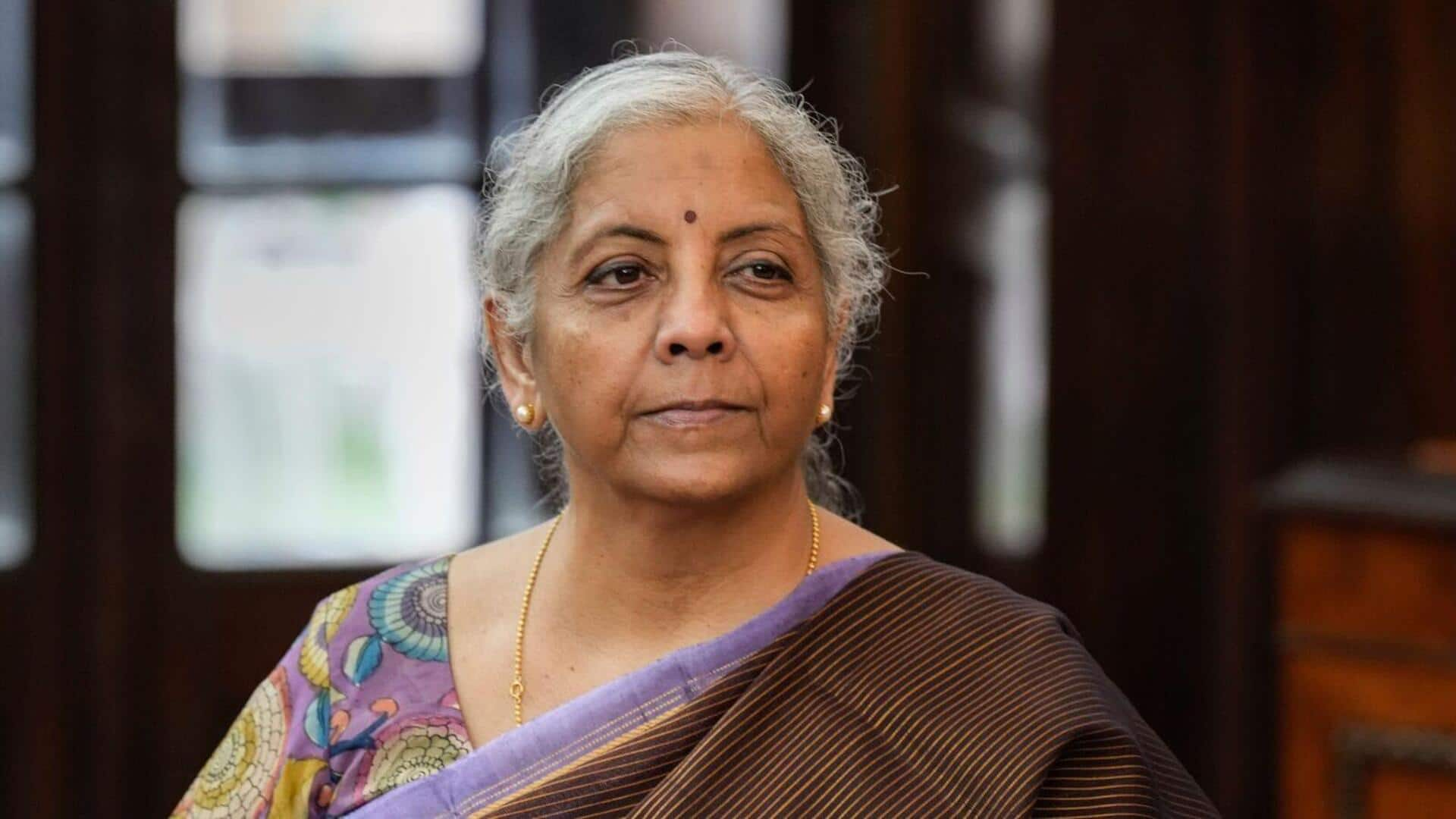
INR not falling against any currency barring USD: Nirmala Sitharaman
What's the story
Finance Minister Nirmala Sitharaman has rejected fears over the depreciation of the Indian Rupee.
Speaking to PTI, she explained that the INR has only depreciated against a strengthening US Dollar, while remaining stable against all other currencies.
This stability is credited to India's strong macroeconomic fundamentals.
Although she admitted a 3% depreciation in the Rupee against the Dollar is worrisome as it affects import costs, Sitharaman denied claims of an overall weakness in the local currency.
Economic resilience
INR's stability reflects strong macroeconomic fundamentals
Sitharaman said, "Our macroeconomic fundamentals are strong. Rupee wouldn't be stable against all the currencies if the fundamentals were weak."
Despite pressure over the last few months, the INR is the least volatile currency against the USD among its Asian and global peers.
Contributing factors include a widening trade deficit and a spike in the Dollar index after US Federal Reserve hinted at fewer rate cuts in 2025.
Market intervention
RBI's efforts to stabilize INR
Reportedly, the RBI has spent $77 billion from its forex reserves to keep the INR from crashing in the spot market.
India's forex reserves have since fallen to $629.557 billion as of January 30, 2024, from $701.176 billion on October 4, 2024.
Sitharaman emphasized, "RBI also has been looking at ways in which it will interfere in the market only to stabilize the need for avoiding huge volatility based reasons."
Currency dynamics
Sitharaman calls for nuanced understanding of INR-USD relationship
Sitharaman urged critics to keep a strengthening USD and changes in US administration in mind while judging the INR's performance.
She said, "In today's dollar strengthening environment and in the new US administration, the rupee will have to be understood in its relationship with the dollar (and) the fluctuations which come as a result of that."
The FM said while criticisms are welcome, they should be backed by a more holistic study of these factors.